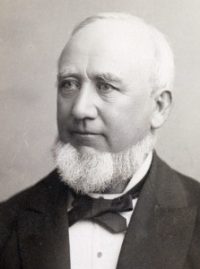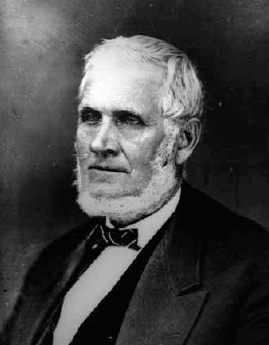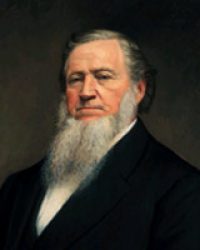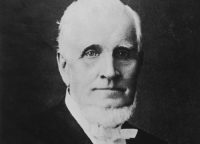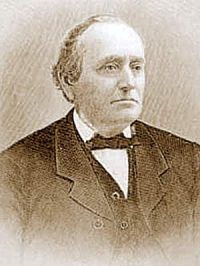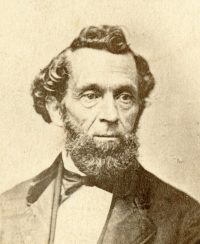This cooperative movement is only a stepping stone to what is called the Order of Enoch, but which is in reality the Order of Heaven. – Brigham Young, 4/7/1869
Economic Unity
“Economic unity” was clearly a goal of early-Utah’s Church leaders, as seen in all these (and other) quotes. The reader will notice that several mention cooperatives. In fact, they saw cooperatives as a means of achieving greater economic unity among the Saints.
Capitalist Businesses
How so? Well, in a traditional “capitalist” business, the owners are distant shareholders who have invested their capital into the company. Their interest is only to receive profits from their ownership. They typically don’t really care about the company, it’s employees or customers, as long as they are receiving dividends.
Cooperative Businesses
In contrast, worker-owned cooperatives are owned by everyone who works there, so the profits are distributed much more equally and locally. Those owner-workers are very interested in the success of the company and the quality of their work and the work of their co-workers. They are proven to be more productive workers than those who work for traditional corporations. For example, in the lumber mill industry in the Northwest US, a study by the Federal Reserve Bank of Cleveland and Stanford University that “coops are more efficient than the principal conventional firms by between 6 and 14 percent”.
Dangers of Concentrated Economic Power
Besides keeping the profits local, a letter about cooperatives published by Brigham’s First Presidency and the Twelve makes it clear that they saw the accumulation of capital “in a few hands” as contrary to God’s will, dangerous to Liberty, and a means of dividing the people into classes. Certainly we can see today how that turned out to be true, given how multi-national corporations hold great sway over governments through their well-funded lobbying efforts, and the revolving door between the Executive Branch and the board rooms of mega-corporations.
Economic Unity
As seen in other quotes on this site, our early-Utah church leaders saw co-operatives as “a stepping stone to the Order of Enoch” [ie. United Orders] — a means of building Zion economically. Also, the above-mentioned letter about cooperatives ends this way: “Does not all our history impress upon us the great truth that in union is strength? Without it, what power would the Latter-day Saints have? But it is not in doctrines alone that we should be united, but in practice and especially in our business affairs.” ie. “economic unity”
